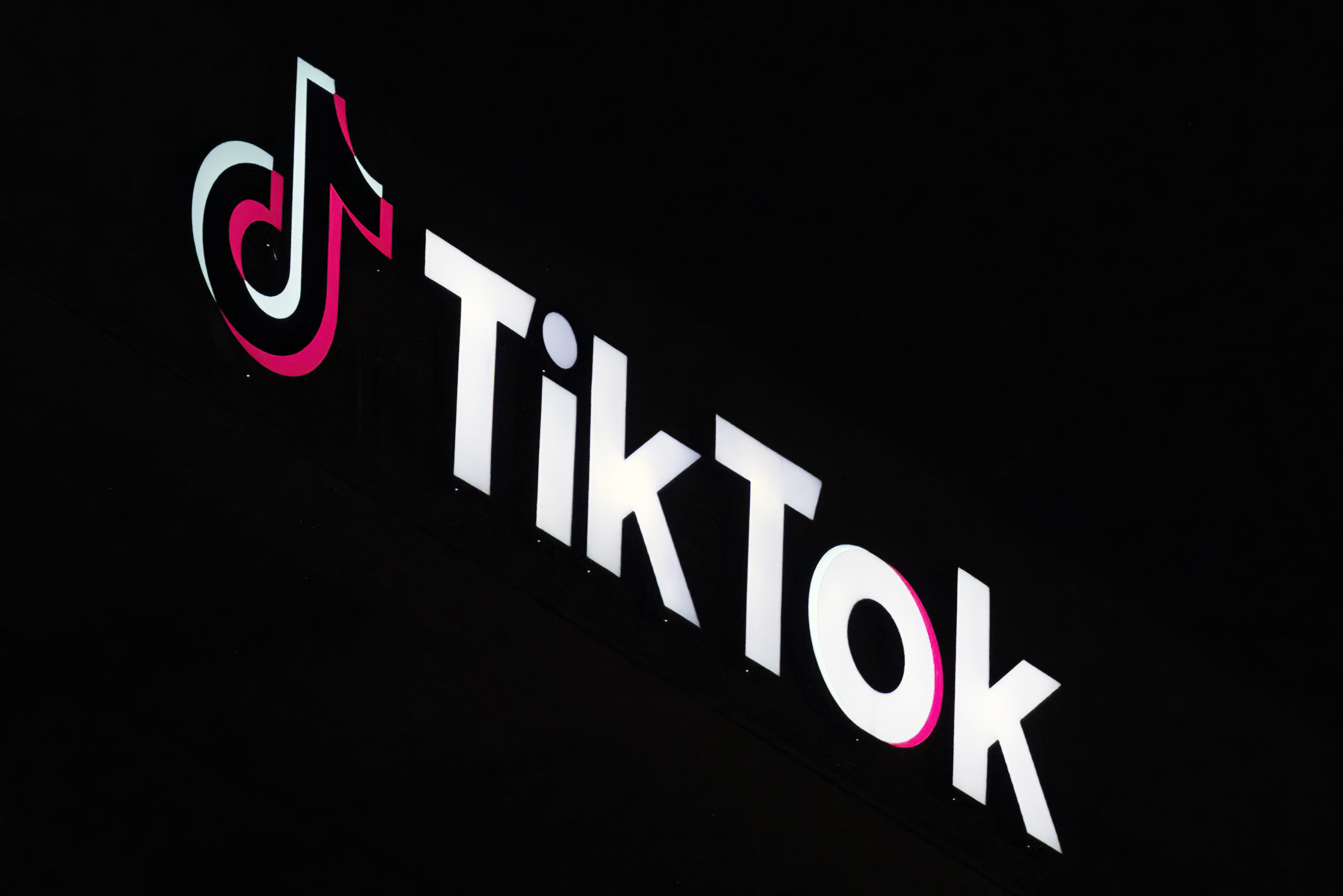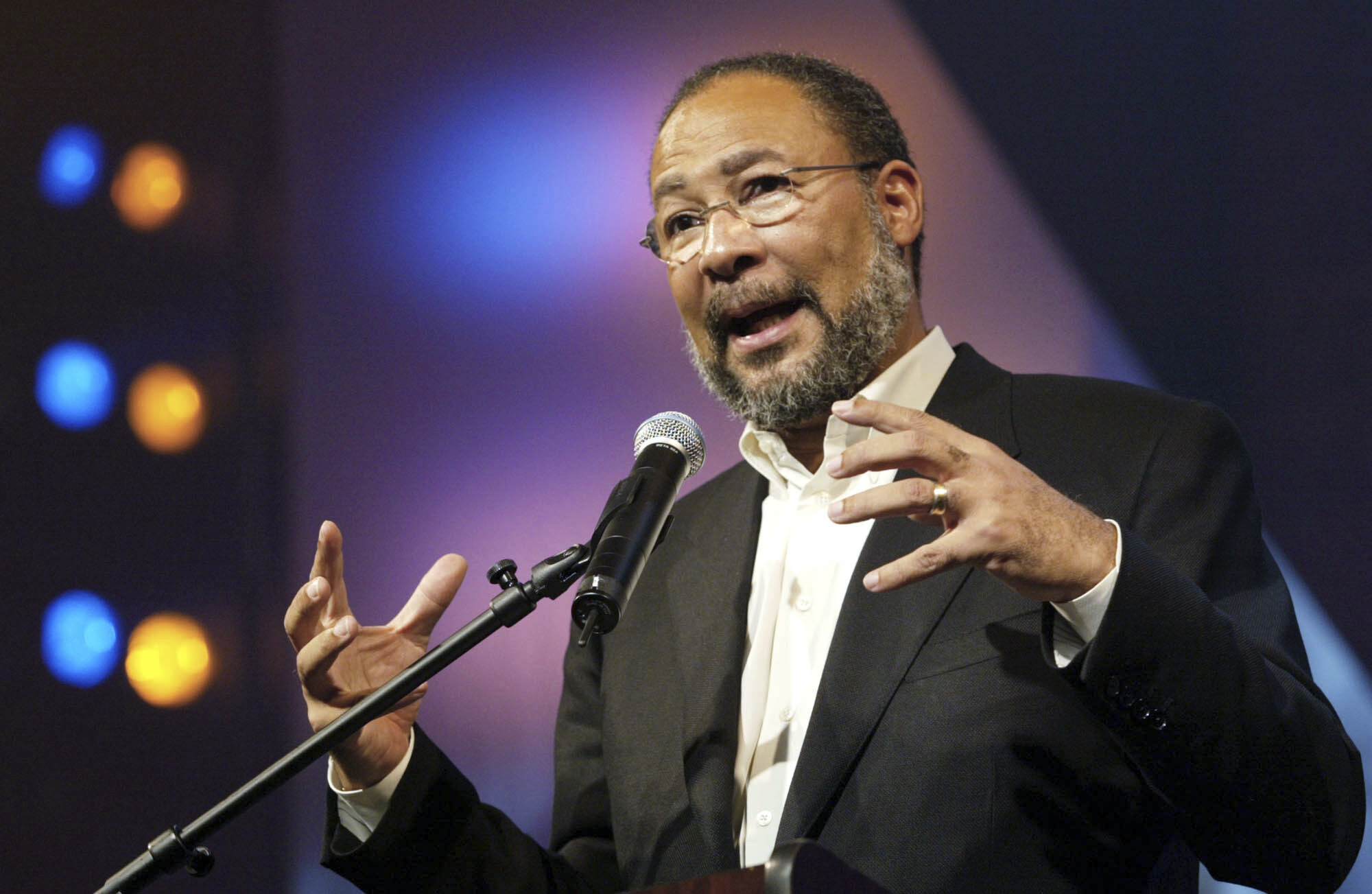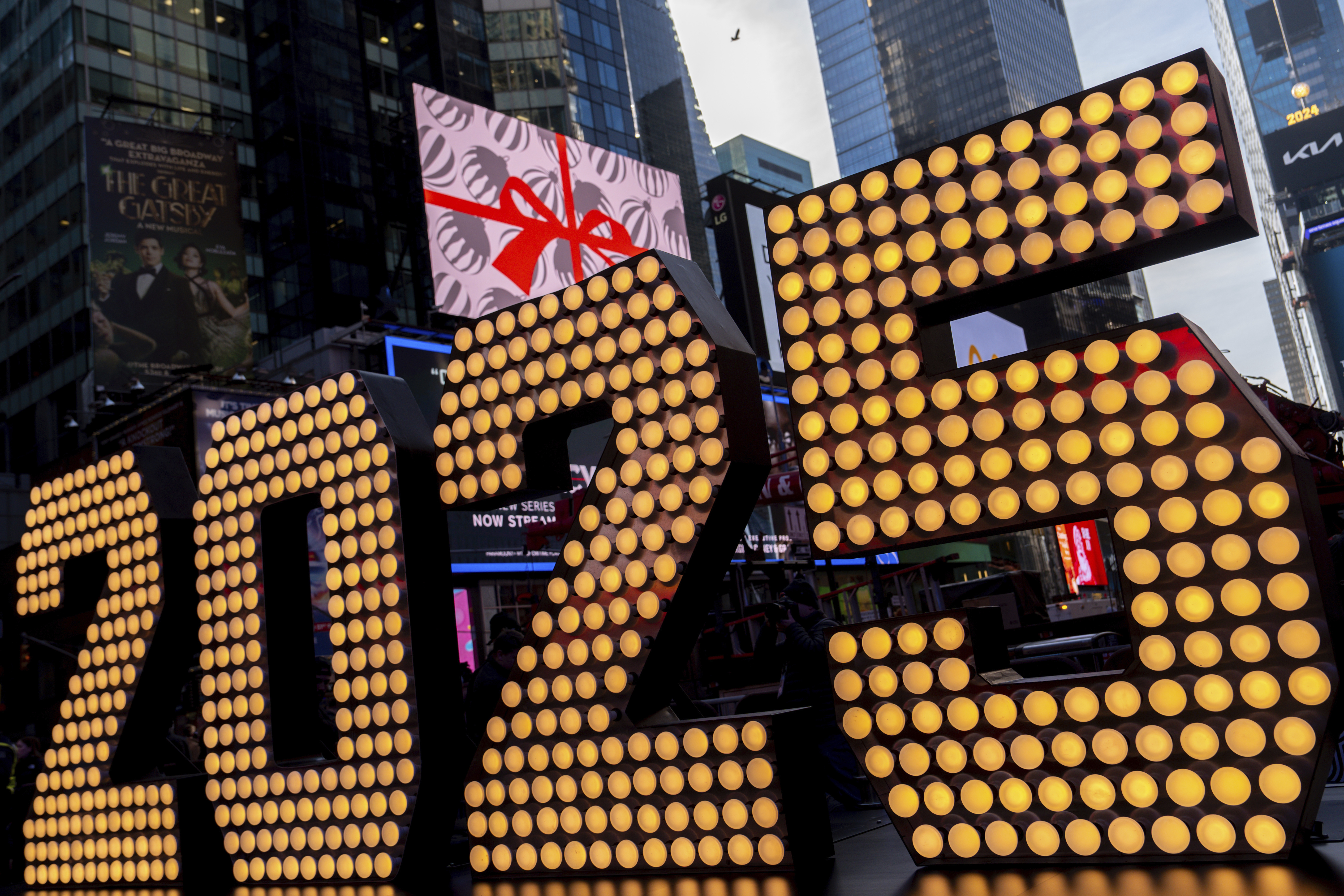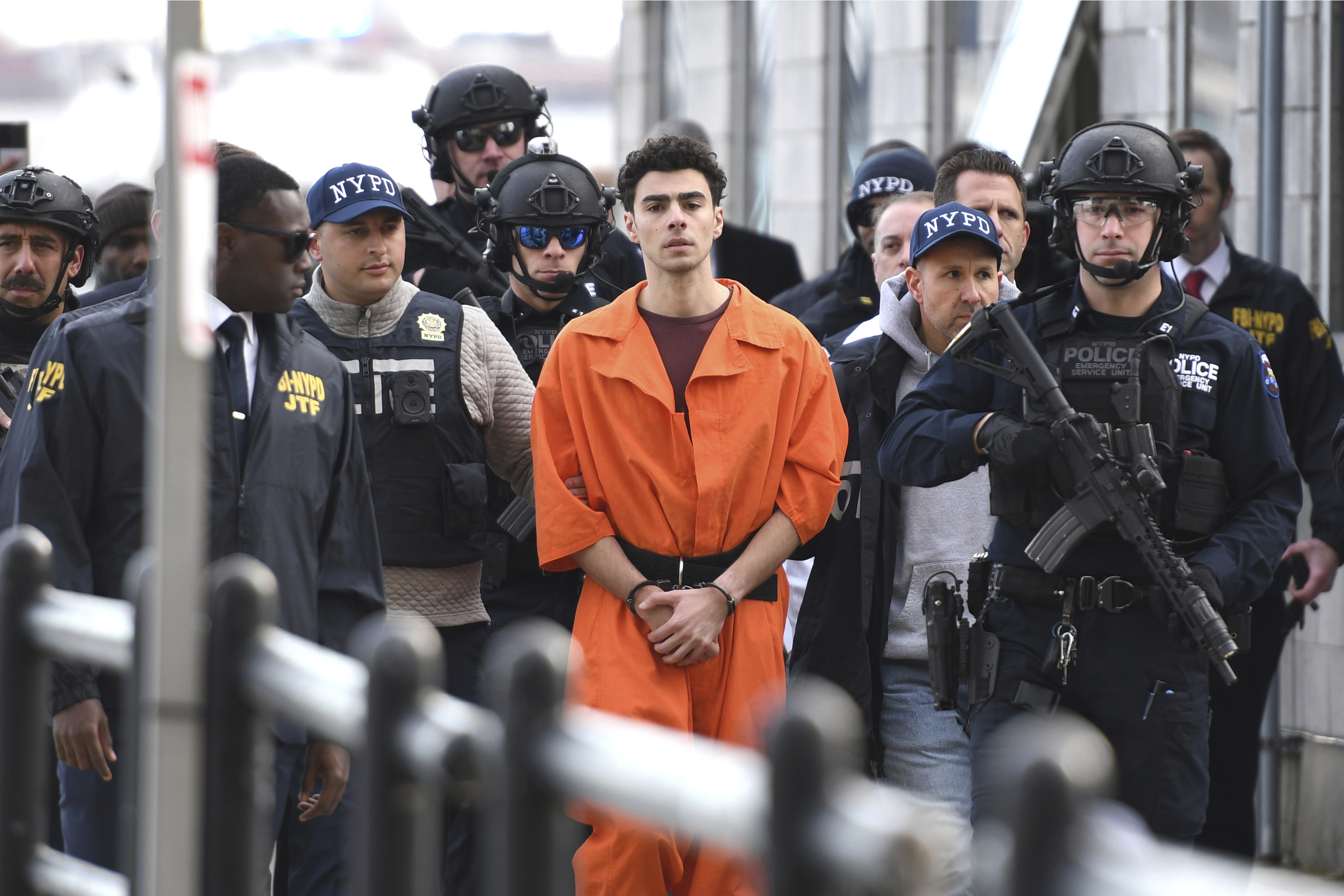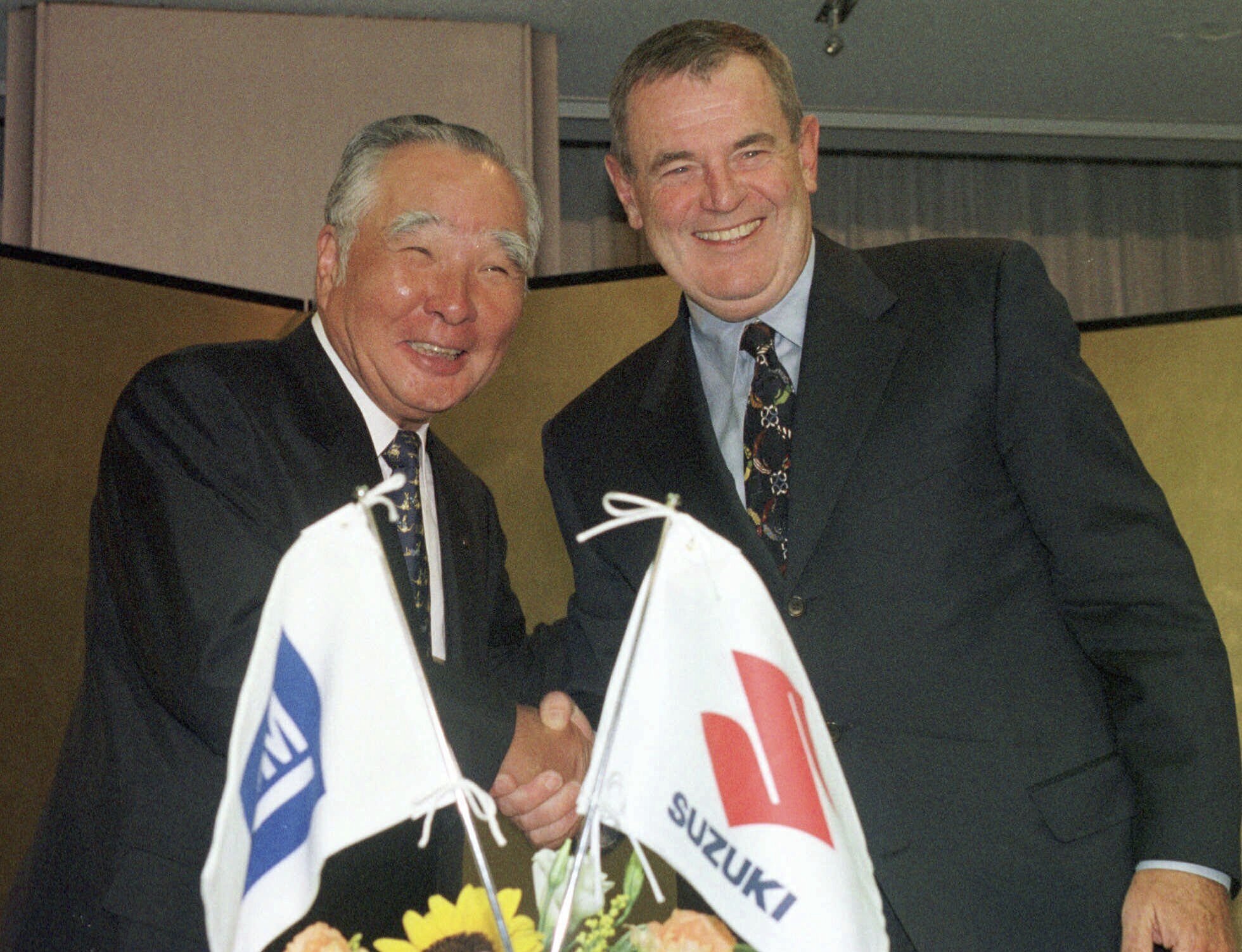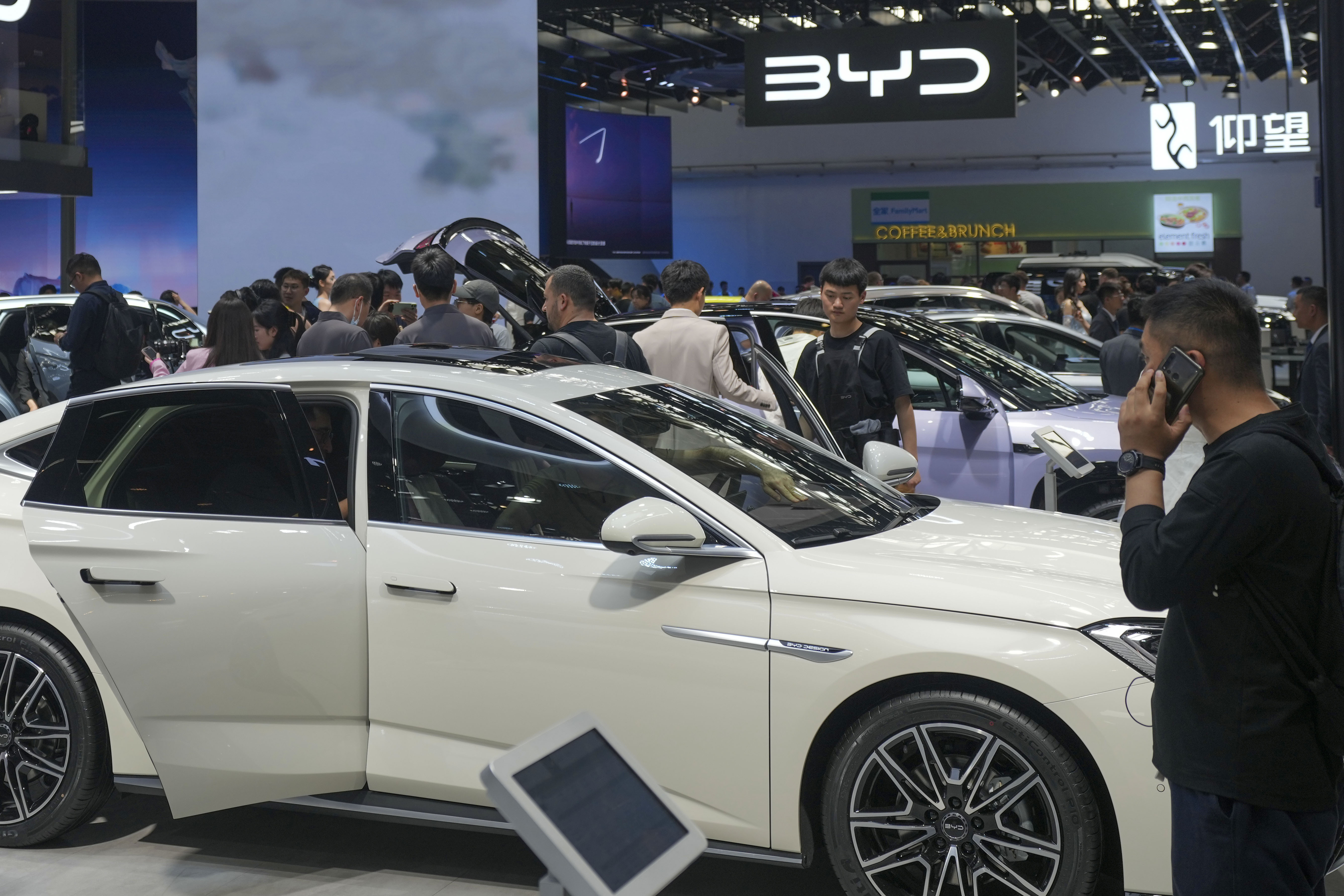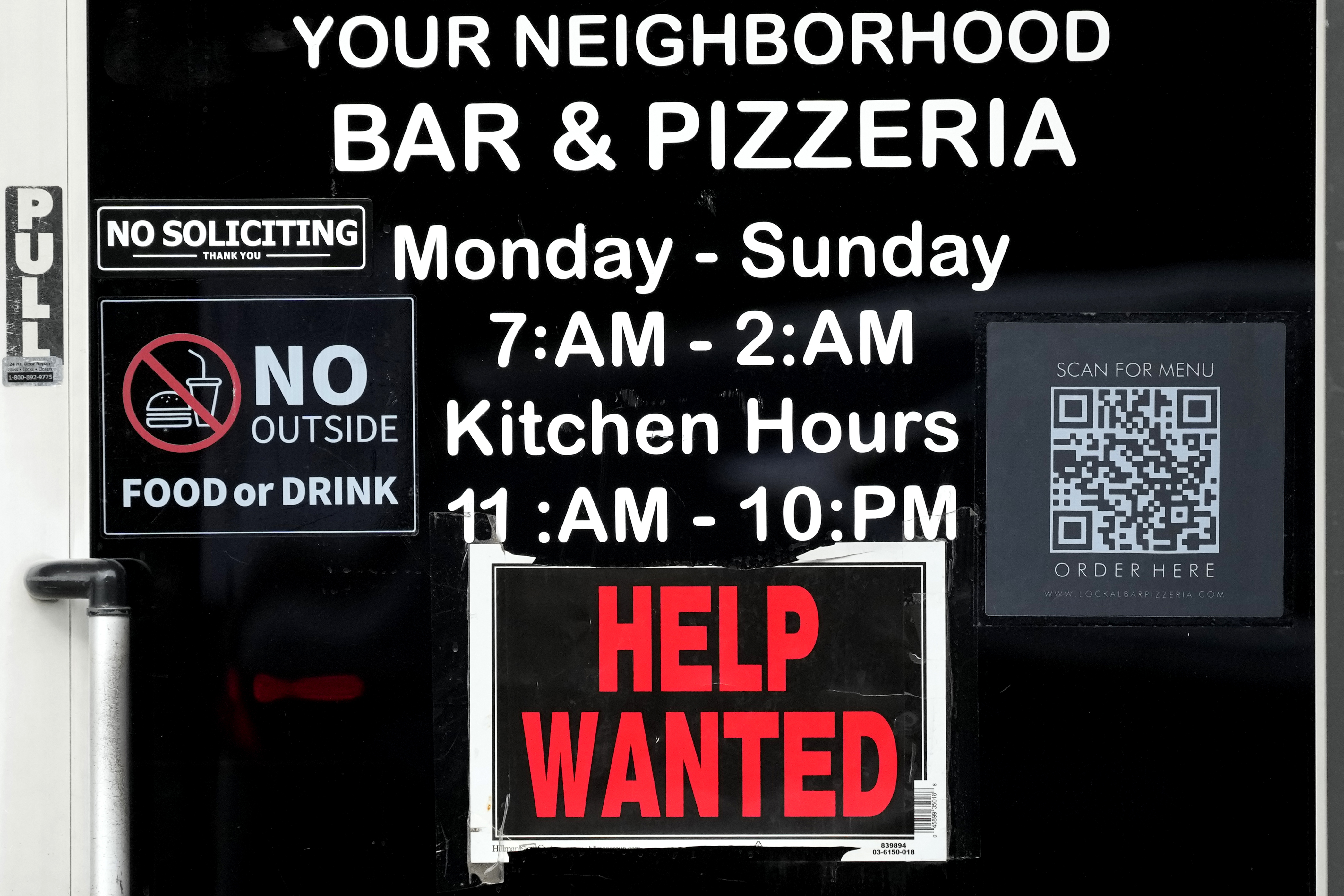GREENSBORO, N.C. (WGHP) — Hooters of America has denied allegations in a federal lawsuit that managers at a Greensboro restaurant discriminated against Black and dark-skinned servers, according to court records.
In a lawsuit filed on Aug. 24, the U.S. Equal Employment Opportunity Commission said that Black and dark-skinned servers at a Hooters location in Greensboro faced racial discrimination from managers and that the restaurant rehired almost exclusively white and light-skinned servers in the wake of COVID-19 layoffs.
Layoffs and recalls
Both the EEOC and Hooters of America agree that the Hooters in Greensboro had about 43 servers, whom the suit refers to as “Hooters Girls,” in March 2020. That month, the Greensboro restaurant laid off about 43 servers due to the pandemic.
The lawsuit says about 51%, or roughly 22 of those servers, were Black or had dark skin tones. Hooters of America argued that “skin tone is subjective, relative and not capable of objective determination.”
The EEOC claims that a manager told servers that the layoffs would not be permanent, which Hooters of America denies.
In late April and May 2020, the lawsuit claims and Hooters denies that the restaurant began recalling servers to the restaurant and recalled 13 out of the previous 43 “Hooters Girls.”
The EEOC says all but one of the recalled servers were white or had light skin tones and accuses Hooters management of choosing which workers to recall based on their race “with malice or with reckless indifference,” a violation of Title VII of the Civil Rights Act of 1964. Hooters of America denied the accusation, again arguing that skin tone is subjective.
Overall, the company defended its hiring practices, arguing that employment decisions “are justified by legitimate, non-discriminatory, non-retaliatory, and non-pretextual business reasons” that aren’t connected to any protected classes.
‘Hostility’
The EEOC claims in the lawsuit that, before the COVID layoffs, Black and dark-skinned servers “experienced racial discrimination and hostility from Defendant’s managers,” including discriminatory comments, “expressions of preference” for white and light-skinned servers, suggestions that light-skinned servers “were more presentable” and jokes about “the appearance and hairstyles of Black and dark skin-toned servers.” Managers allegedly gave white and light-skinned servers “friendlier treatment” and assigned them “preferred or more lucrative shifts.”
Hooters of America denied all of these allegations and argues that the pre-COVID complaints should be dismissed because they allegedly “occurred more than 180 days before the underlying filed EEOC charge” and that the statute of limitations has expired.
The EEOC asks the court for Hooters to pay the Black and dark-skinned former employees a combination of backpay with interest, compensation for past and future losses due to Hooters’ alleged illegal employment practices, compensation for non-monetary losses like emotional suffering due to those practices and punitive damages “for their willful, malicious and/or reckless conduct.”
Hooters of America asks the court to dismiss the EEOC’s claims with prejudice and make the EEOC pay the company’s attorneys’ fees.












